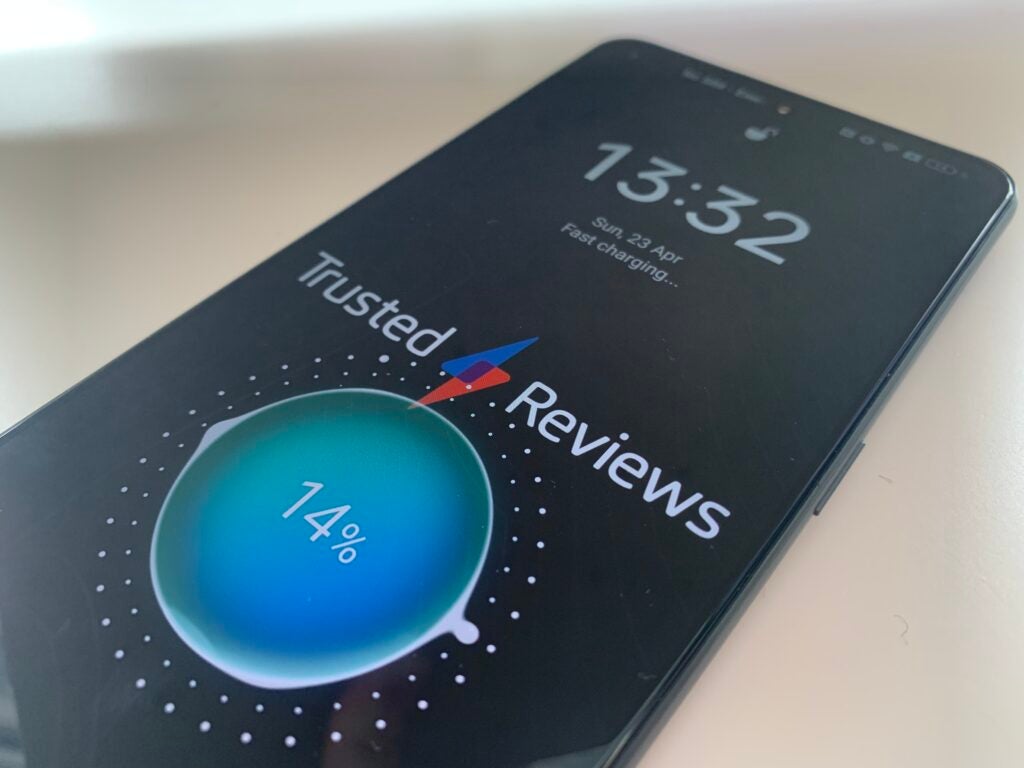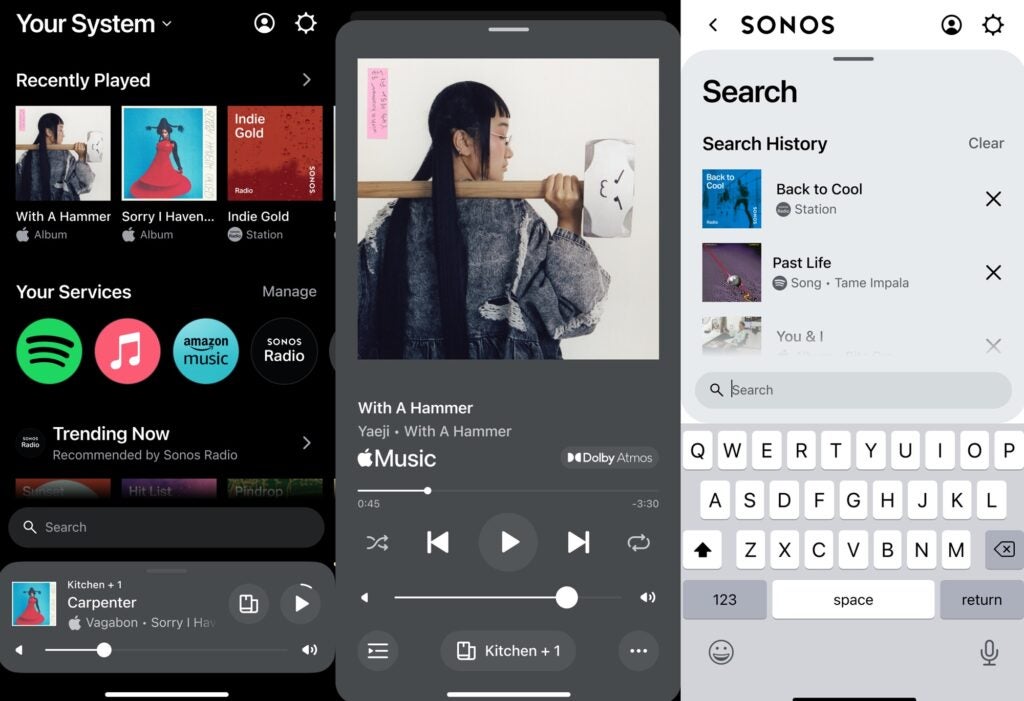OPINION: It’s Sunday, meaning it’s time for us to name this week’s winner and loser from the wild and exciting world of tech.
Google stole our attention this week with an early Pixel 9 launch chock-full of Gemini AI updates and features. At the same time, Google’s Search AI Overviews landed in the UK after receiving a mixed response in the US.
Apple confirmed that third-party apps will soon be able to make use of the NFC chip inside the iPhone, as ChatGPT shared its fears that users could become “emotionally reliant” on the chatbot’s new voice mode.
Keep reading to discover who we named our winner and loser this week.


Winner: Realme
This week’s winner is Realme as the company showcased a groundbreaking new charging speed to fans in China.
The 320W SuperSonic Charge technology can take a 4400 mAh smartphone battery from 0 to 100% in just four minutes and 30 seconds, making it the world’s fastest phone charging technology.
Not only that, but a 50% charge was shown to take less than two minutes, while a 25% charge required as little as one minute. This is ridiculously fast, breaking rival Redmi’s 300W charging record by 25 seconds, even when faced with a larger battery.
The technology requires the Realme 320W Pocket Cannon power adapter, which also supports the UFCS, PD and SuperVOOC standards and includes two USB-C ports for simultaneous phone and laptop charging.
To reach the above speeds the adapter would need to be paired with a phone that offers 320W charging, with the closest available currently being Realme’s 240W GT 3. However, this remains an exciting glimpse into what Realme could have planned in the future.


Loser: Sonos
Our loser this week is Sonos as the company continued to wrestle with its bug-riddled S2 app.
If you’re not caught up with the Sonos drama, the company launched its all-new S2 mobile app in May, dropping the older S1 app in favour of a new look, improved controls and increased customisation for users. However, it’s safe to say that this update got off to a rocky start.
Customers have reported a range of problems, from issues connecting to speakers and being unable to group devices, to music libraries not loading and tracks not queuing. On top of all of this, the app has apparently been draining the battery on iOS devices. These are just a handful of the bugs have have been reported since the new app took over at the beginning of the summer, and Sonos’ update timeline to fix them all doesn’t wrap up until October.
Shockingly, these fixes have reportedly cost Sonos between $20 and $30 million, which is perhaps what prompted the company to lay off 100 employees across its marketing, product and engineering, platform and infrastructure, and software quality departments earlier this week. Sonos has also delayed the launches of two products to prioritise repairing the S2 app.
The latest update to the saga is that Sonos execs are reportedly discussing relaunching the S1 app. This isn’t necessarily a bad idea as it would at least allow customers to use their Sonos speakers the way they used to while S2 is under repair. However, it’s certainly not the quick fix that everyone was hoping for.

